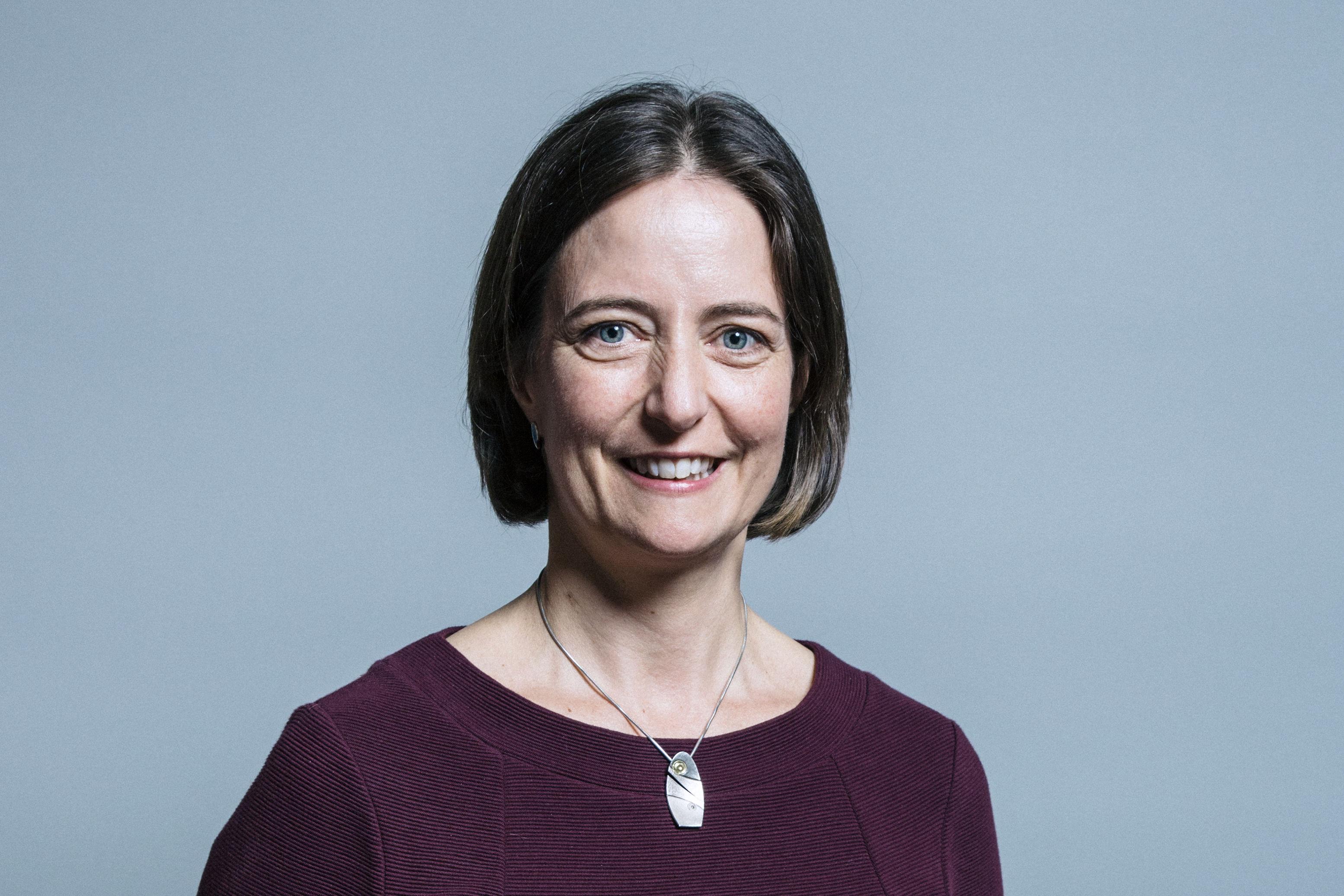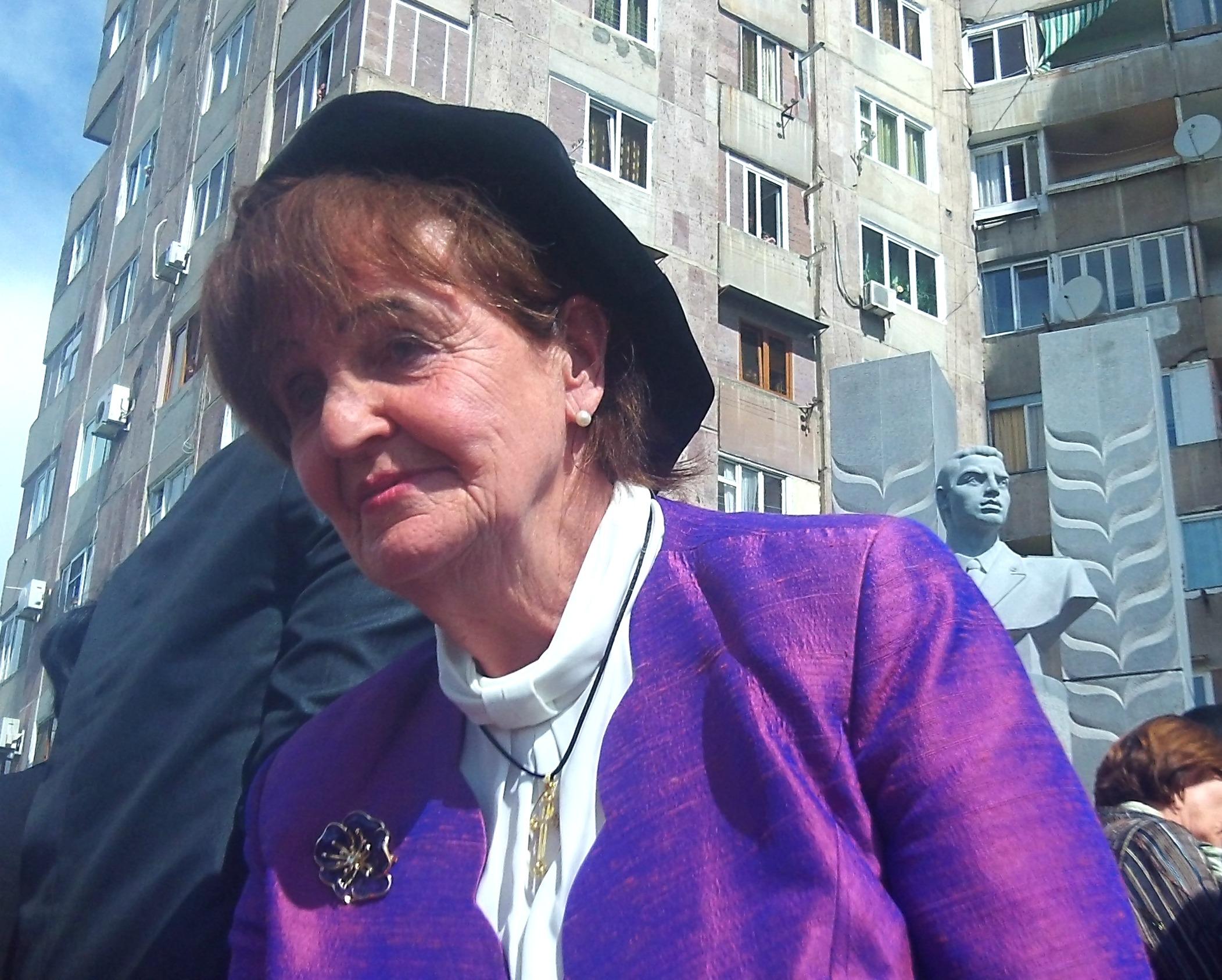Azerbaijan-UK ties too strong to spoil them Another British MP’s fruitless work
The debate on “International support for Armenian refugees from Nagorno-Karabakh” were held in the UK’s parliament.
Such discussions, to which representatives of the Azerbaijani embassy in the UK or representatives of the Azerbaijani diaspora of the UK were not invited, and the speeches made during the discussions, to put it mildly, contradicted to the relations between Azerbaijan and the UK.
There is no such territorial unit as “Nagorno-Karabakh” in Azerbaijan.
There is a Karabakh economic region of Azerbaijan, and it would be easy for all British MPs who decided to deliver speeches on this day to clarify this important detail.
For example, British MP Carol Monaghan argues that although Azerbaijan and Armenia have recently negotiated a peace deal, there is still tension and if peace is reached, it will certainly be fragile.

We would agree with her if she clarified that there is fragile peace and it will be so due to the Armenian “revanchists”, who are dissatisfied that Azerbaijan has fully restored its sovereignty and territorial integrity.
However, Monaghan blamed the victim of the occupation rather than the occupiers. In particular, she used such a notorious and false narrative of Armenian propagandists as the “blockade of the Lachin corridor”, accusing Azerbaijan.
In reality, as we know, there is no Lachin corridor. There is a Lachin road. It is also part of the Azerbaijani territory as Shusha or Khankendi, Baku and Ganja.
That is, Azerbaijan could not blockade its own territory. It was blocked by former Karabakh separatists upon the orders of the junta leaders, who did not allow Azerbaijani environmental activists to enter the fields located in the Karabakh economic region of Azerbaijan. So Monaghan should have condemned the leaders of the Karabakh junta, but she just repeated the lies of Armenian propagandists.
She said that the Armenians who lived illegally in the occupied Azerbaijani territories are “refugees from Nagorno-Karabakh”. Some of them were the Armenians who came there from the Middle East.
The overwhelming majority of Armenians lived in the houses of Azerbaijanis expelled from their native lands. Moreover, they had the passports of Armenia, which occupied 20 per cent of the Azerbaijani territory and ignored the resolutions of the UN Security Council and the UN General Assembly, which clearly stated the importance of the withdrawal of all Armenian illegal armed groups from the occupied Azerbaijani territories.
It is amazing how easily and simply this lady ignored the truth and told an obvious lie.
She opposed the position of London, which has always recognised Azerbaijan’s sovereignty and territorial integrity.
Unfortunately, she decided to use another horror story of Armenian propagandists. Monaghan spoke about the mythical “danger of Azerbaijan’s further invasion in Armenia”.
The hostilities between Azerbaijan and Armenia have never been conducted on the Armenian territory. All of them were held only on the Azerbaijani territory. Azerbaijani President Ilham Aliyev, during a meeting with NATO Secretary General Jens Stoltenberg, once again emphasised the importance of establishing peace as quickly as possible.
“Now, as a result of the restoration of Azerbaijan’s territorial integrity, I think and hope that we are very close to a breakthrough. This will be a very important geopolitical change in the Caucasus. This will mean that peace, the long-awaited peace, will appear in the Caucasus,” the president said.
All these facts were ignored by the lady, who, apparently, is haunted by the dubious “glory” of Baroness Caroline Cox, who visited the Karabakh junta more than once and who always told outright lies against Azerbaijan.
Fortunately, the relations between Azerbaijan and the UK are too strong for the speeches of some British MPs to have any negative impact on them.

As is known, diplomatic relations between Azerbaijan and the UK were established on March 11, 1992, and the UK’s embassy in Azerbaijan was opened in September 1992.
In turn, the Azerbaijani embassy in the UK was opened in January 1994. London has always been able to correctly assess the present and future of the South Caucasus, relying on Azerbaijan as a regional leader.
Moreover, this status of Azerbaijan was not questioned in the UK even during the period when Azerbaijan was experiencing the most difficult and tragic moments of its modern history associated with the war and the occupation of 20 per cent of its territories by Armenia.
We remember and appreciate this. We also appreciate the latest friendly steps taken by the UK’s current leadership. In particular, UK’s Prime Minister Rishi Sunak congratulated Ilham Aliyev on his victory in the snap presidential elections in Azerbaijan.
“Over the past more than 30 years, relations between Azerbaijan and the UK have become even stronger. Over the past year, we have worked together to support Ukraine, engaged in strategic dialogue in London, shared experience in mine clearance and continued establishing trade ties,” Sunak’s congratulatory letter says.
“I am also aware of efforts aimed at achieving peace with Armenia. This is a historic chance to end the conflict. I appreciate the enormous benefits that the treaty will bring to the well-being and stability of both countries and the region as a whole. I once again emphasise the UK’s constant support to both countries in achieving lasting peace,” the letter says.
Moreover, the UK’s prime minister sent a congratulatory letter to the Azerbaijani President on the occasion of the 11th Global Baku Forum.
“This forum will be held at a very important period. Baku will host COP29 in November, and the world will pay a special attention to Azerbaijan. I know that your country will cope with this task with dignity, and an excellent event will be organised with traditional hospitality,” Sunak’s letter addressed to the Azerbaijani President says.
So the efforts of the organisers and those involved in various anti-Azerbaijani projects, including debates in the UK’s parliament, are just a waste of time. Relations between Baku and London are too strong.








